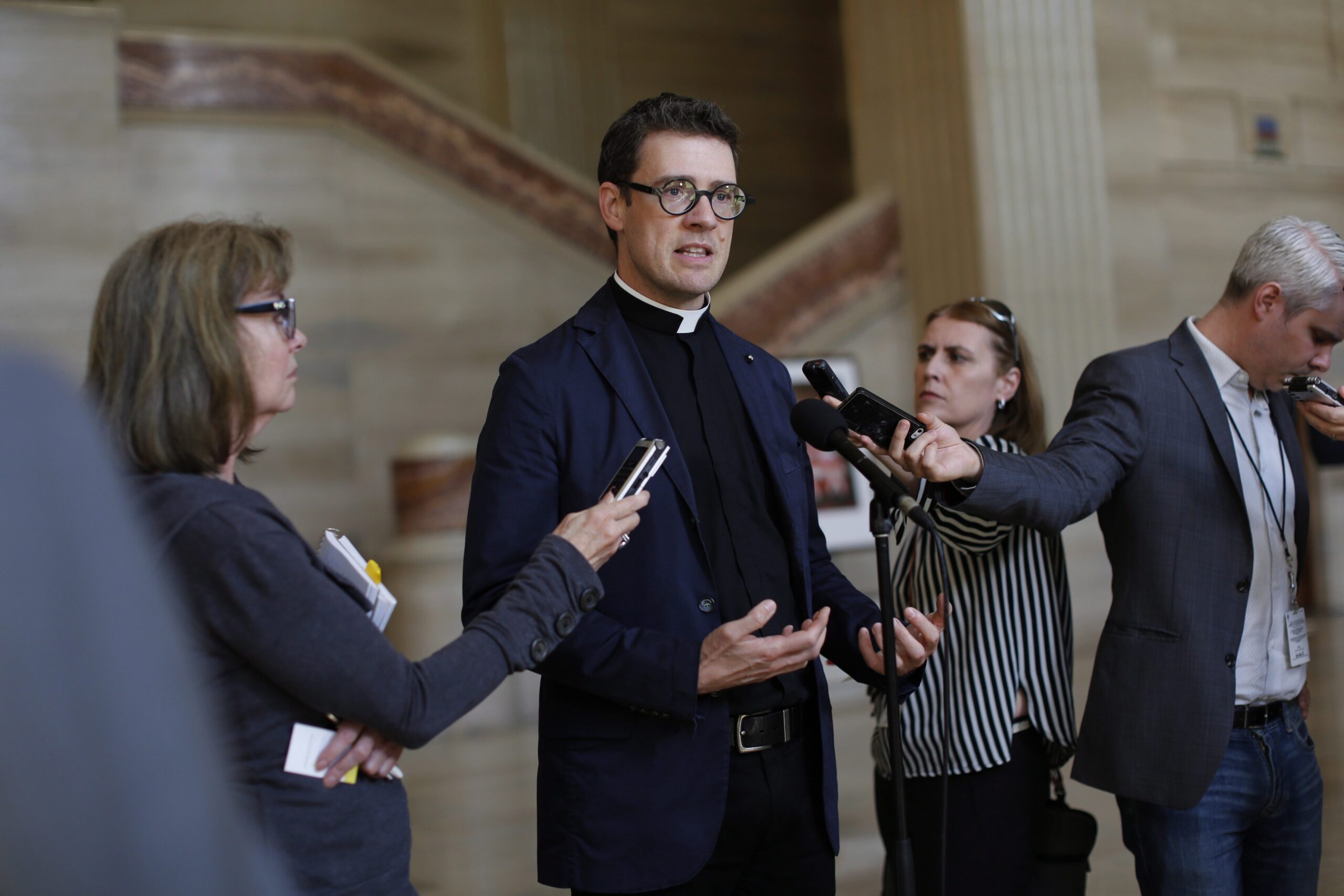In a landmark decision, the Supreme Court of Canada has ruled against Trinity Western University in its quest to create a law school.
In a 7–2 decision, the court sided with the Law Society of British Columbia (LSBC), which had not approved the proposed law school from the small private Christian university because they believed the school discriminated against LGBT students.
“It was reasonable for the LSBC to conclude that promoting equality by ensuring equal access to the legal profession, supporting diversity within the bar, and preventing harm to LGBTQ law students were valid means to pursue the public interest,” the judgement read.
The ruling brings to a close a years-long legal battle that has been fought across numerous provinces and pitted the principles of religious freedom against LGBT rights.
At the heart of the case was the community covenant that all TWU students are required to sign. It limits the behaviours of individuals, both on- and off-campus, including restricting any sexual intimacy unless it’s within a heterosexual marriage.
Opponents of the proposed law school argued that the covenant would mean that some law students would have to choose between their identities and their careers, a sentiment the court found compelling.
“The public confidence in the administration of justice could be undermined by the LSBC’s decision to approve a law school that forces some to deny a crucial component of their identity in the most private and personal of spaces for three years in order to receive a legal education,” the ruling read.
Paul Saguil, the chair of Start Proud, which was an intervenor in the case, says that the judgement is a win for equality.
“Law school education is a public good because it inures to the public benefit,” he says. “The whole point of educating lawyers is to provide access to justice and access to justice can’t be limited.”
Earl Phillips, executive director of TWU’s proposed law school, says that they are disappointed in the outcome.
“And specifically disappointed that the Supreme Court of Canada has ruled that diversity in Canada doesn’t have room for a small Christian university to have a law school that upholds traditional Christian values,” he says.
While eight of the nine justices acknowledged that TWU’s religious freedom was being impinged upon by the law society, the majority found that the law society could do so for the public interest.
“We’re pleased that there was at least a recognition there that our religious freedom has been adversely affected here,” says Phillips.
Phillips says that it’s too early to tell whether or not TWU will move forward with the law school.
“We need to analyze this decision — it’s very long, it’s very complex,” he says. “We’re going to need to look at that to understand what our options may be going forward.”
For Saguil, the ruling is the perfect present during the Pride season.
“It’s been a good long fight,” he says. “And we’re happy that it came down this way.”

 Why you can trust Xtra
Why you can trust Xtra


